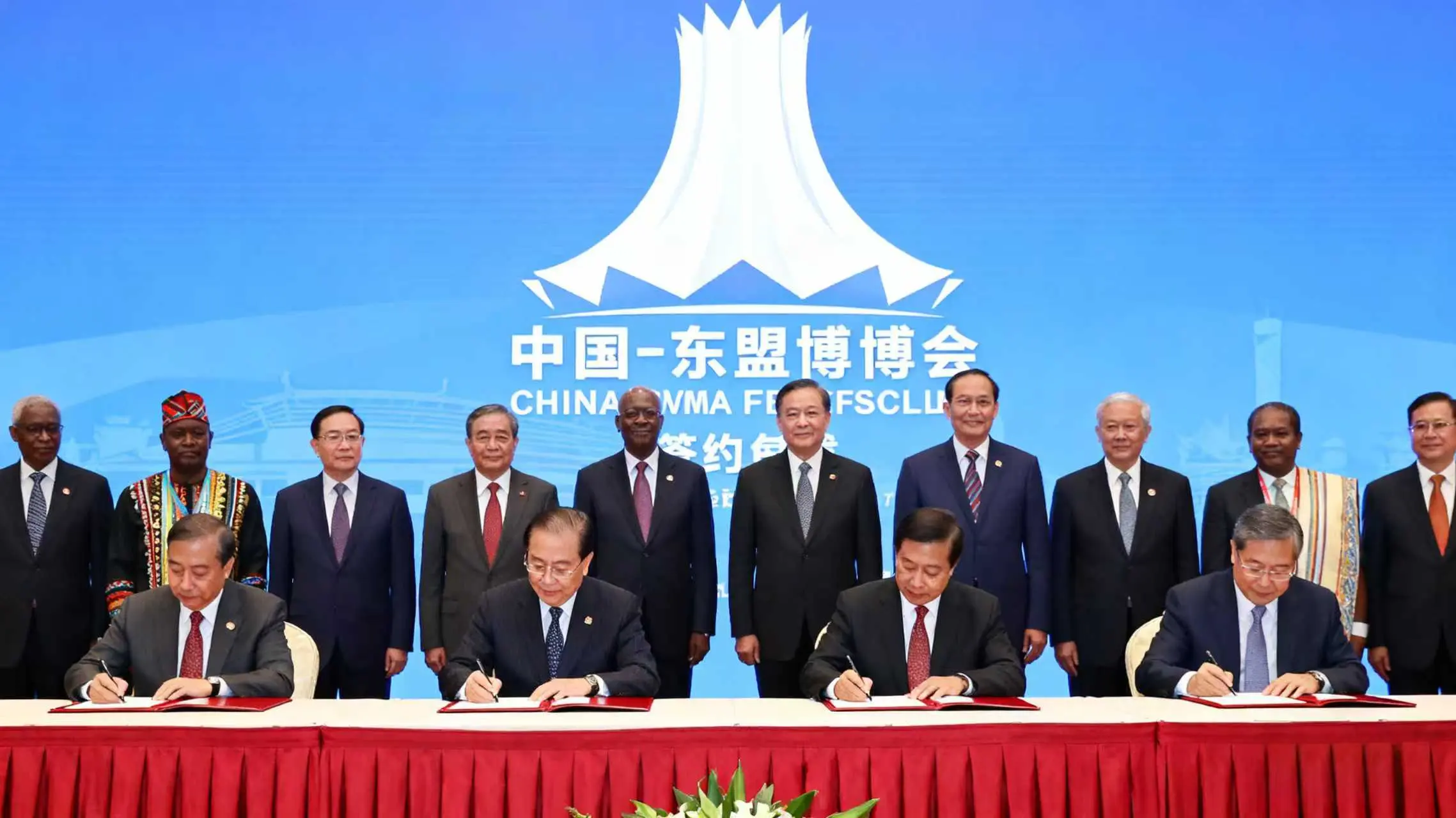Skype Officially Shuts Down: The End of a 22-Year Journey and a Shift in the Foreign Trade Communication Landscape
On May 5, 2025, Eastern Time in the United States, Skype, a software that has left a profound mark on the communication field, officially bid farewell to the stage of history. Since its birth in 2003, Skype has accompanied global users for 22 years. It once held a crucial position in the fields of instant messaging and audio - video calls, and was an indispensable communication tool for many practitioners, especially in the foreign trade industry in China.

Skype was founded by Swedish entrepreneur Niklas Zennström and Danish engineer Janus Friis. Relying on the innovative P2P technology, it achieved free cross - border calls. This pioneering move greatly changed the way people communicate at that time, breaking geographical restrictions and making global communication more convenient and cost - effective. In an era when Internet communication was just taking off, Skype rose rapidly and became a globally renowned brand, with its monthly active users once exceeding 300 million. It not only provided a convenient communication channel for individual users but also played an irreplaceable role in the business world, especially in the foreign trade industry.
In the foreign trade industry in China, the importance of Skype is self - evident. Foreign trade businesses involve customers from different regions around the world, and efficient and stable communication is of utmost importance. The high - quality voice and video call functions, as well as instant messaging and file - sharing services provided by Skype, have become powerful assistants for foreign trade professionals to contact global customers in real - time and conveniently. Through Skype, foreign trade practitioners can communicate with overseas customers in a timely manner about order details, solve problems, and showcase products, greatly enhancing communication efficiency and effectively promoting business cooperation. It is one of the key tools for foreign trade professionals to develop international customers and maintain business relationships.
However, with the rapid development of technology, new platforms and technologies are constantly emerging in the Internet communication field. Microsoft launched Microsoft Teams in 2016. After nine years of layout and development, Teams has become increasingly powerful and gradually emerged as the main collaborative platform promoted by Microsoft. Jeff Teper, President of Microsoft 365 Collaboration Apps and Platforms, pointed out in a statement that the closure of Skype aims to "concentrate resources on conquering AI collaboration technology" and invest more energy in products with greater development potential.

To help Skype users transition smoothly, Microsoft has also provided corresponding solutions. Existing Skype users can directly migrate to Microsoft Teams (free version) using their account credentials. After the migration, contacts and chat records will be automatically transferred to the new platform, reducing the trouble of switching platforms for users. However, it should be noted that some unique functions of Skype, such as international call dialing and P2P file transfer, cannot be fully replicated in Teams, which may cause some inconvenience to some users. In this regard, Microsoft recommends that users export their data on Skype before January 2026, as after that, Skype data will be permanently deleted.
For practitioners in the foreign trade industry in China, the closure of Skype means that they need to adapt to new communication platforms as soon as possible. Although Teams has the core chat and call functions of Skype and also adds more functions such as hosting meetings, managing calendars, and building communities, which can provide more comprehensive collaborative support for foreign trade businesses, users who are accustomed to the operation mode of Skype still need some time to get familiar with the various functions of Teams. Some foreign trade professionals are also considering other alternative solutions, such as open - source platforms like Telegram and Signal. These platforms have unique advantages in terms of privacy protection and specific functions, and have also attracted the attention of many former Skype users.
The official closure of Skype marks the end of an era and also indicates a new change in the foreign trade communication landscape. Driven by the technological wave, foreign trade practitioners need to keep up with the pace of the times and actively adapt to new communication tools to better meet the needs of global business communication and maintain competitiveness in the ever - changing market environment. In the future, with the in - depth application of new technologies such as AI in the communication field, we also look forward to the emergence of more efficient and intelligent communication platforms, bringing more convenience to the foreign trade industry and even global communication.










